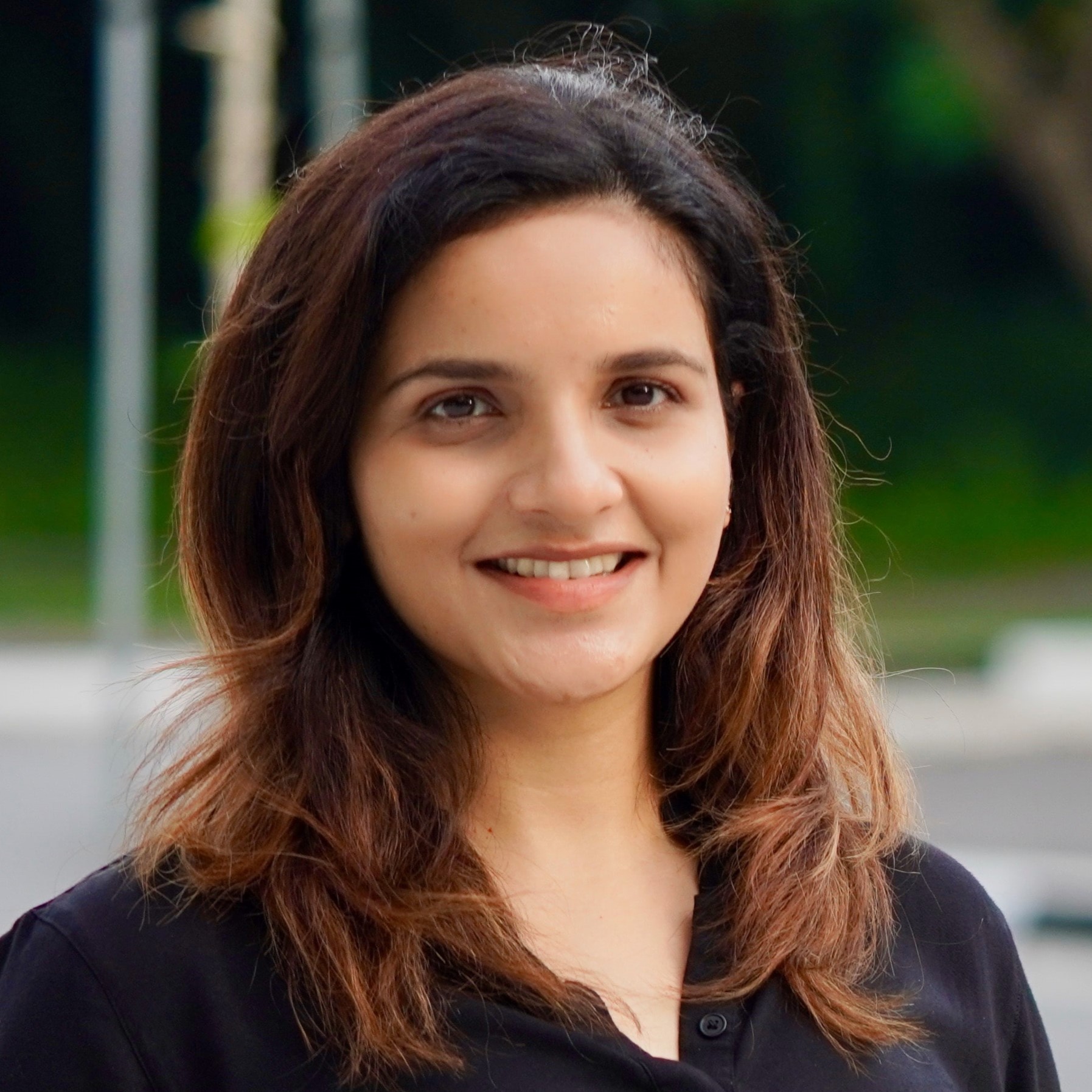
Archita Mishra
Honorary Research Associate
PhD
Dr. Archita Mishra is an Honorary Research Associate at The Kids Research Institute Australia. Her research focuses on the role of the microbiome in early-life immune development. She completed her PhD at IISc Bangalore, India, earning the INSA Young Scientist Medal for her work on novel drug targets in Tuberculosis (Mishra et. al. EMBO Mol Med, 2018).
For her post-doctoral work she moved to Singapore Immunology Network, ASTAR, to work with a world-leading immunologist Prof. Florent Ginhoux. Dr. Mishra was awarded the prestigious and highly competitive HFSP long-term fellowship to conduct her post-doctoral research.
Her pioneering work demonstrates the presence of healthy microbes during fetal development and their role in priming of the immune system early in development (Mishra et al. Cell 2021). Dr. Mishra’s work opens a new field of research exploring the role of microbiome in immune priming and early-education during the perinatal period of human development.
Dr. Mishra started her laboratory at The Kids Research Institute Australia in 2022 and established the 'Early-life Microbial Immunology' program. She was awarded Raine-BrightSpark Fellowship for her work on Microbiome and Immune development in Early-Life. Her lab employed advanced technologies like Microbial genomics, single-cell approaches and Spatial Transcriptomics to study microbial-immune interactions and their effects on childhood infections, allergy, response to vaccination and cancer.
Published research
Neonatal bacterial sepsis
Neonatal sepsis remains one of the key challenges of neonatal medicine, and together with preterm birth, causes almost 50% of all deaths globally for children younger than 5 years. Compared with advances achieved for other serious neonatal and early childhood conditions globally, progress in reducing neonatal sepsis has been much slower, especially in low-resource settings that have the highest burden of neonatal sepsis morbidity and mortality.
Symbiotic symphony: Understanding host-microbiota dialogues in a spatial context
Modern precision sequencing techniques have established humans as a holobiont that live in symbiosis with the microbiome. Microbes play an active role throughout the life of a human ranging from metabolism and immunity to disease tolerance. Hence, it is of utmost significance to study the eukaryotic host in conjunction with the microbial antigens to obtain a complete picture of the host-microbiome crosstalk.
Presence of onco-fetal neighborhoods in hepatocellular carcinoma is associated with relapse and response to immunotherapy
Onco-fetal reprogramming of the tumor ecosystem induces fetal developmental signatures in the tumor microenvironment, leading to immunosuppressive features. Here, we employed single-cell RNA sequencing, spatial transcriptomics and bulk RNA sequencing to delineate specific cell subsets involved in hepatocellular carcinoma relapse and response to immunotherapy.
Immunosuppressive mechanisms of oncofetal reprogramming in the tumor microenvironment: implications in immunotherapy response
Both fetal and tumor tissue microenvironments display immunosuppressive features characterized by the presence of specific immunomodulatory stromal and immune cell populations. Recently, we discovered shared microenvironments between hepatocellular carcinoma and fetal tissues and described this phenomenon as an oncofetal ecosystem.
Identification of distinct functional thymic programming of fetal and pediatric human γδ thymocytes via single-cell analysis
Developmental thymic waves of innate-like and adaptive-like γδ T cells have been described, but the current understanding of γδ T cell development is mainly limited to mouse models.
Education and Qualifications
- Post-doctoral researcher – HFSP Long-term fellow, Singapore Immunology Network, ASTAR Singapore
- PhD, Molecular biophysics unit, Indian Institute of Science, Bangalore, India
- Master of Science (M. Sc.): Dept. of Biochemistry, University of Allahabad, Allahabad, India
- Batchelor of Science (B. Sc.): Faculty of Sciences, University of Allahabad, Allahabad, India
Awards/Honours
- 2022 – Raine-BrightSpark Fellowship (Western Australia)
- 2019 – Human Frontiers Science Program- Long Term Fellow (LTF) (Singapore)
- 2020 - INSA Medal for Young Scientist Award (India)
- 2017 - CSIR, Research fellow
- 2014 - CSIR, Senior Research fellow
- 2012 - CSIR, Senior Research fellow
